Ask the seniors who avail themselves of the Older Adult Meal Program at St. Luke’s why they keep coming back, and you’ll hear a number of motivations: convenience, healthy food, great value.
Retired Deitz & Watson salesman John Hardock is convinced it is all those reasons and more. “I think we really enjoy the company,” he said. “Yes, the food is good and it’s nutritious, and I have no problem cooking for myself – I’ve been in the meat industry for years. But for me, coming here means I’m not eating at home, alone. We are sitting around a table, having supper, and having conversation. And it’s really something I look forward to.”
Most Thursday evenings at St. Luke’s Anderson Campus in Bethlehem Township, Hardock joins friends Herman Gross, a retired general manager for East Penn Eye Associates, James Lalley, a retired contract coordinator for the Department of Military and Veterans Affairs, and Lothar Gumberich, a former leader of management training programs for Penn State in Reading and in the Lehigh Valley.
The group of four gentlemen met when their late spouses were seeking medical treatment at St. Luke’s and continued when some of them joined a grief support group. “We sort of met right here, and struck up conversations,” said Lally. “We were all going through the same thing at the time, so we decided to stay in touch and made a habit of coming by every Thursday.”
Adds Gross: “I always look forward to the camaraderie that I share with the three other fellows. I also appreciate the upbeat employees behind the food counter and at the register for always making the dinner experience enjoyable and comfortable for all of us.”
The foursome continued to meet during Covid, avoiding the sense of isolation that impacted so many. They enjoyed healthy meals while talking about current events, politics and their social lives. “And sometimes,” said Gross, “we reminisce about our late spouses and the things that remind us of them.”
Whatever the topic of conversation, the meals are enjoyed in a warm and welcoming environment, surrounded by other seniors and their family members. The Older Adult Meal Program – which is open to the entire community – is offered from 4:00 p.m. to 6:00 p.m. weekdays at the Anderson and Warren campuses, and seven days a week at Monroe Campus. The cost is only $3.99 a person (for those 65 and over) and includes entrée, salad, side dish, vegetable, dessert and a 12-ounce drink. All the meals are prepared fresh daily and many of the ingredients are grown at the St. Luke’s Rodale Institute Organic Farm, a 14-acre area that produces 70 varieties of 30 types of produce.
“People are always commenting on the variety of the food we offer, the healthy ingredients and especially the low cost,” said Jamie Ross, a cashier in the dietary department of the Anderson Campus. “And you can see that everyone is very friendly. Lots of them made friends here and look forward to seeing people and sharing a meal. It’s a very positive experience, all the way around.”
The senior meal program was introduced in 2017 with a goal of providing nutritious and affordable meals for seniors, while offering a way to maintain social contact and build relationships. Cultivating that sense of connection is especially important for seniors who may be isolated or adjusting to the loss of a spouse or family member, according to Hayley Wusinich, a licensed social worker with St. Luke’s Senior Care Associates.
“These social relationships are essential to sustaining ideal physical, mental, emotional and cognitive functioning for seniors,” she said. “The effects of loneliness and isolation not only negatively impact mental and emotional wellbeing, but cognitive and physical functioning as well. Having an outlet to sit and converse with peers, such as with the Older Adult Meal Program, gives seniors the opportunity to have a stimulating face-to-face, real-time interaction with others, which they may not be getting in their home.”
Moreover, she said, the positive relationships built through these conversations can create a sense of community among seniors and encourage them to keep coming back. “Social relationships emphasize seniors’ worth and give them a sense of belonging,” Wusinich said.
Helping seniors stay healthy and independent
The Older Adult Meal Program is only one component of an extensive Senior Health program offered by the St. Luke’s University Health Network that is committed to helping older adults stay as healthy and independent for as long as possible. Specialized treatment options are designed to enhance and improve physical and mental health include geriatric assessments, older adult behavioral health, a senior emergency room, geriatric fracture and trauma, and senior surgical services.
The outpatient geriatric assessment for adults over 65 who are experiencing memory issues is a key resource, Wusinich said. “A multidisciplinary team of providers, medical assistants, social workers, and administrative staff work together to evaluate patients and provide them with holistic care to age in place.”
In the clinical realm, the team works together to evaluate patients’ cognition and alleviating disease progression through medication management, ordering imaging and bloodwork, and referring to other specialties. “And our social workers meet with patients and their caregivers/families to determine how the patient is functioning in their home environment and identify areas of concern – perhaps a safety issue such as leaving the stove on or falling, or nutrition issues or social isolation,” she said.
Based on identified needs, social workers then provide information on community resources to patients and their families. Programs and services include Meals on Wheels, senior centers, adult day centers, Silver Sneakers, fall-alert devices, safety-proofing technology, medication blister packaging, and more. All of the efforts, Wusinich said, are geared toward keeping “seniors as healthy and independent as they can be for as long as possible.”





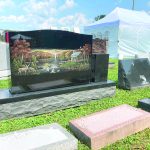


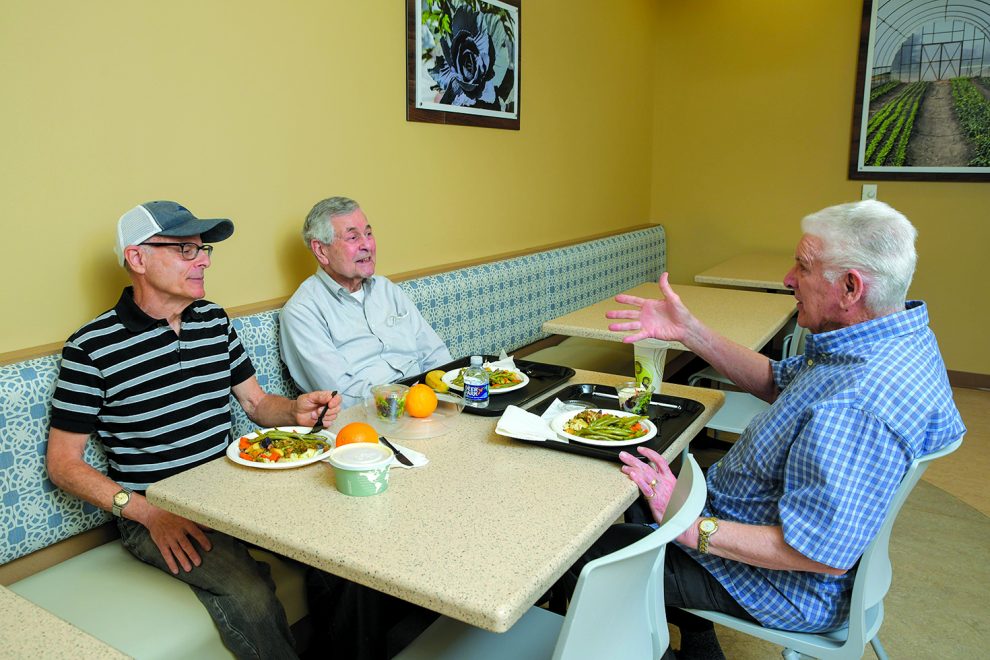


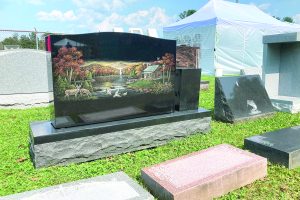
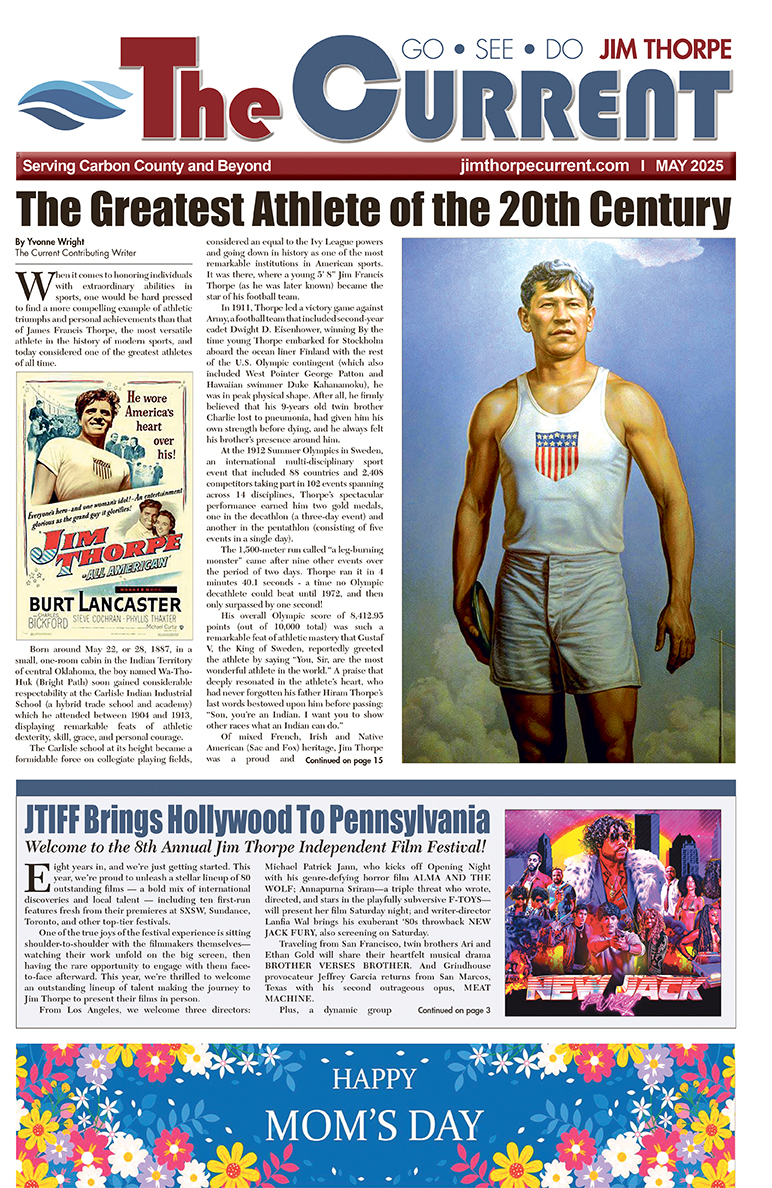
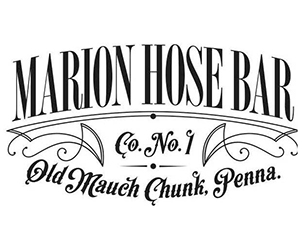

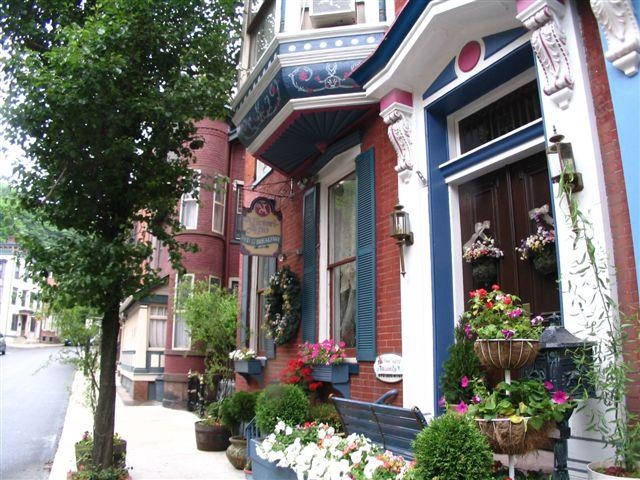











Add Comment